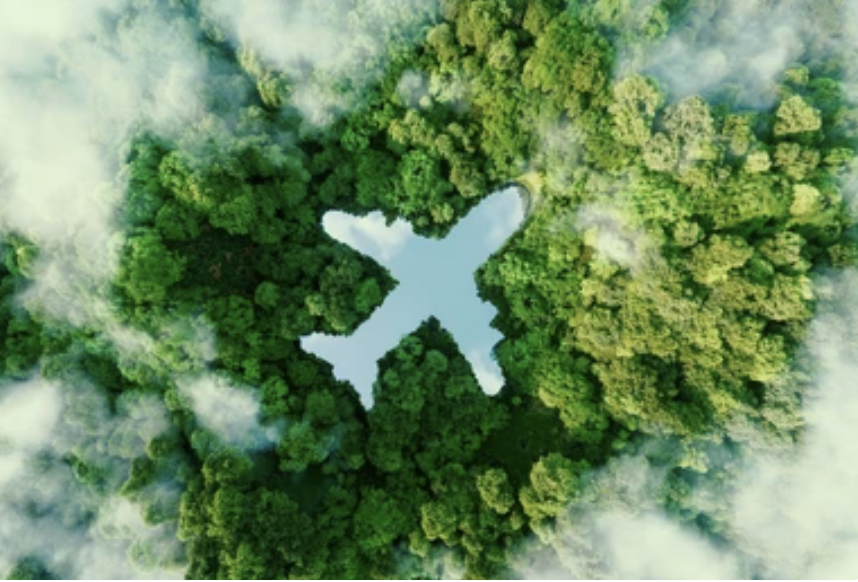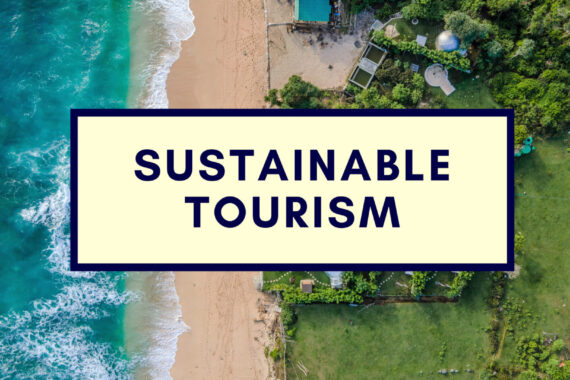“One does not understand the value of water until the well runs dry.”
We are increasingly seeing the effects of climate change affect our everyday lives. Heat waves, floods, sudden weather changes and droughts are increasing on a global scale. In addition, we are also becoming increasingly aware of the effects of tourism on the local communities on issues like pollution, deforestation and displacement of indigenous people.
Travellers are now very conscious that instead of being a part of the problem, they need to help find solutions and this is evident from the growth of sustainable tourism. As per a Booking.com survey, 81% of global travellers confirm that sustainable travel is important to them. Eco-Tourism is estimated to reach a market size of over $300 billion by 2026.
We in the Tourism industry have to adapt our business models to ensure that we keep sustainability in mind in everything we do. This is both a moral imperative to reduce the harm that we cause to the environment as well as a good business strategy to attract the right customers.
Here’s a shortlist of some of the actions we can take to make our business more sustainable.
Offer Responsible Travel Options: When giving travel options to your client, use an operator that prioritizes the environment & uses resources efficiently. Some travel operators give the option of paying a surcharge in addition to the ticket price for a lower-emission journey. For local sightseeing alternatives like ride-sharing, public transport, and electric vehicles are a great idea.
Improving The Well-Being Of Local People: The benefits of tourism should first and foremost reach the local communities instead of large global corporations. We need to promote local businesses for sightseeing and shopping, suggest local food options and work with companies that provide a positive impact on the population of the destination. For example, Good Hotel and other social enterprises donate their profits to help unemployed locals find work. You can include these options in your itinerary so that your customers can make an informed decision.
Slow Tourism Away from the Masses: People no longer want to have a schedule full of tours of classic sightseeing spots. Options for relaxation, self-reflection, escape & novelty are growing in popularity. Offering digital detoxes, off grid travel and bike rentals is a great way to let your client discover themselves. Since travel is reduced, it leads to much lower pollution, as well as reduction in the crowds leading to a win-win for the customer and the environment.
Digitalisation: Digitalization has enabled the creation of paperless systems and e-tickets, reducing the amount of paper usage and waste. Also, platforms for ride-sharing and public transport information have made it easier for travellers to use sustainable modes of transport, reducing the carbon footprint of travel. Many airlines monitor their flights to make them more efficient and sustainable, optimize routes, and improve the predictability and flow of airline traffic. Platforms like Airbnb have pioneered this approach in the tourism industry to efficiently match supply and demand.
Circular Tourism: Circular Tourism means supporting the economic development of tourist destinations without putting the sustainability of the planet at risk. You can do this by reducing the use of energy and natural resources, reusing the waste generated and using waste as direct raw material after the recycling process. Simple examples include avoiding daily changes of sheets & towels to save water and not using bottled water to reduce plastic usage.
As Howard Zinn says, “Small acts, when multiplied by millions of people, can transform the world.” So let’s get together in making this transformation so we can give our children a better world.







